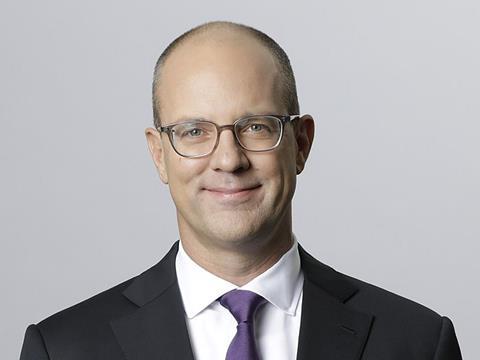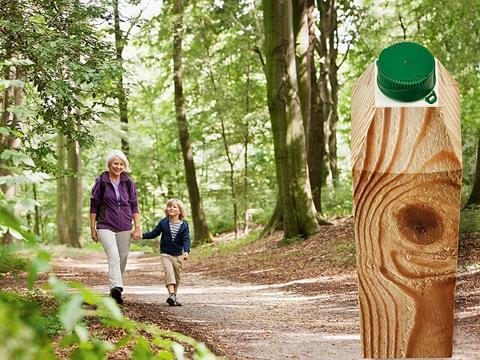
Rolf Stangl, chief executive at SIG Combibloc, explores the role packaging companies can play to build zero carbon and circular economy solutions.
No business leader can have seen the latest United Nations warning on biodiversity and fail to be struck by the scale of the challenge now facing the planet. This recent study warns that a million species are at risk of extinction without radical action to conserve the earth’s disappearing natural resources.
But we also know that the world’s current pattern of economic growth risks making matters worse, not better. Rising populations are driving consumption in ways that place growing strain on our climate and ecosystems. Reducing the impact of additional consumption is no longer enough. We must find ways of designing a circular economy that adds to the planet’s capacity to sustain life; not merely reduces how much we take away.
So, what does a ‘net positive’ approach from business look like in practice? For a global packaging systems provider like SIG, this is a particularly acute challenge. Though we strive to be different, critics still see our industry as facilitators of the throw-away society. As we expand into developing markets which aspire to higher standards of living, we are on the front line of the battle to build a more sustainable and affordable supply system.
It is one of the reasons we are taking part in and supporting a major international forum this week in Hainan, China – bringing together some 300 corporate leaders, start-ups, investors and international agencies to share and discuss zero-carbon and circular economy solutions for a sustainable and climate-resilient future. It’s a big topic and an even bigger challenge, but by sharing ideas and leading by example, we hope the Hainan conference can serve as a catalyst for companies everywhere to think more collaboratively about how to become part of the solution.
The crux of the issue for us at SIG is how to help create a net positive food supply system. Our role today is supplying food and drink manufacturers with technology for packing their products in aseptic cartons – an inherently more sustainable system than many packaging alternatives and one which eliminates the need for refrigeration and preservatives.

These packs are made mainly from paperboard, a renewable raw material which can also be re-used at the end of its life cycle. We are working hard to help improve recycling rates and to design out other materials such as fossil plastic and aluminium. Our paperboard also comes from certified responsible sources, which helps tackle climate change directly by investing in the world’s most effective carbon sinks: forests.
Another challenge is food waste. Aseptic carton technology allows farmers to make the most of the world’s precious agricultural output by preserving its nutritional value for a long time. The long ambient shelf life together with the lowest filling waste rate in the industry helps to tackle food waste and the role it plays in climate change. And with no need for refrigeration and a cold chain as goods are transported and stored, we’re also reducing food loss while cutting energy usage and carbon emissions in the food supply chain
And finally, our role at the heart of the distribution system lets us collaborate with customers, suppliers, communities, employees, and other stakeholders to seek to develop a waste-free society, working together to further reduce carbon footprints and build effective recycling systems. The current worldwide concern over single-use plastic packaging made out of finite fossil resources creates an opportunity to demand that all companies commit to using more renewable materials. Mounting concern over climate change is also rightly drawing attention to environmental impacts along the product life cycle, not just what happens after a product is used. We are proud that our paper-based cartons have among the lowest carbon footprints along the lifecycle compared to other materials like plastic, glass and metal.
We recognise this will require a sustained effort by all involved in the supply chain. Consumers are rightly demanding that corporations take more responsibility for building a genuinely zero-waste society and truly circular economy. Our commitment to going ‘Way Beyond Good’ means we aim to halve our environmental footprint by 2030 while doubling our contribution to society.
Right now, the way the world consumes goods is polluting the oceans, exhausting landfill capacity and creates more than 2 billion tonnes of waste every year. Today’s climate and natural resource crisis means we face a real risk of supply failure in the food and packaging systems. Unless we decouple growth from environmental impact and ensure we leave ecosystems and society stronger than we found them, it won’t just be business which struggles to survive.












